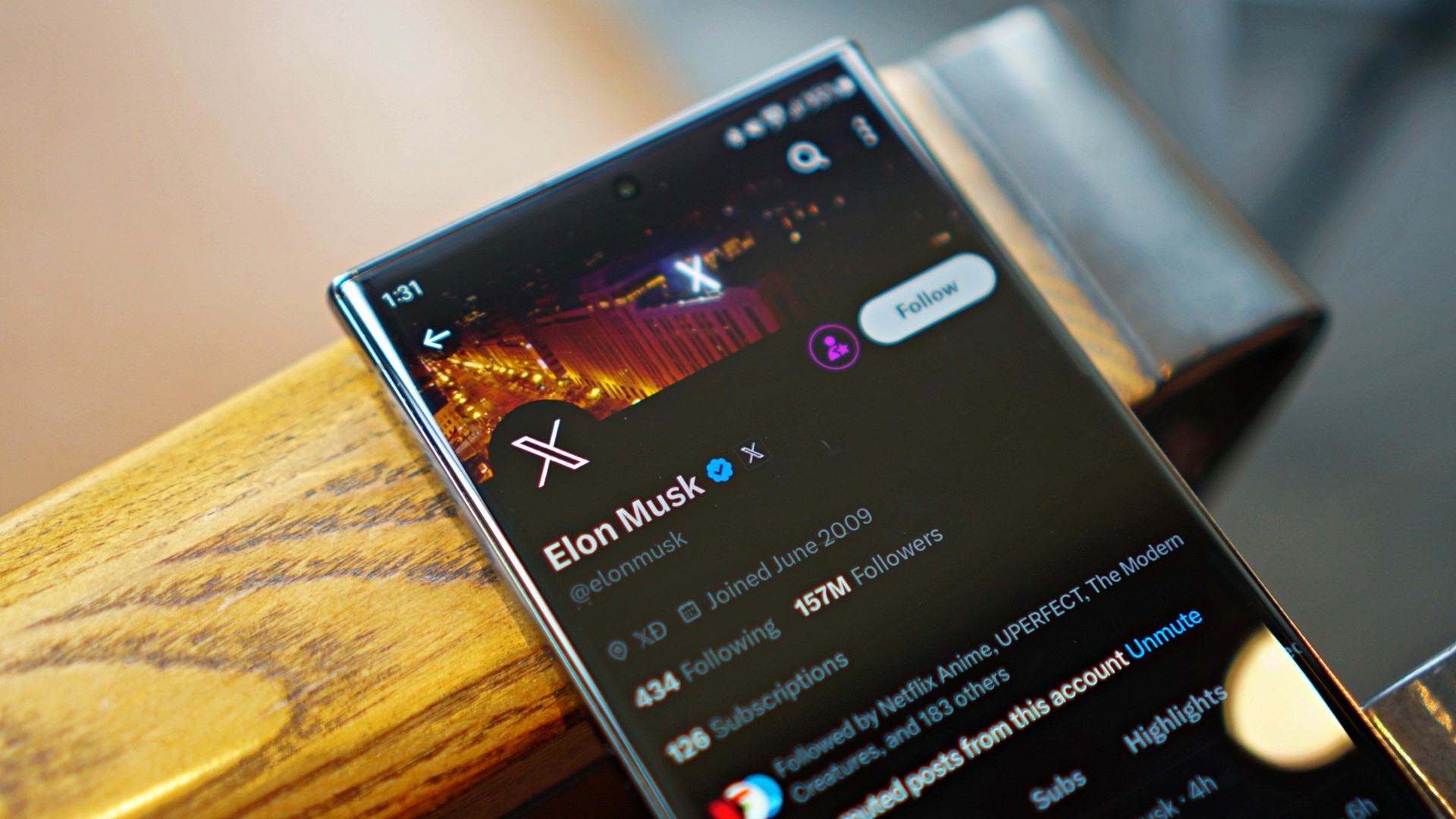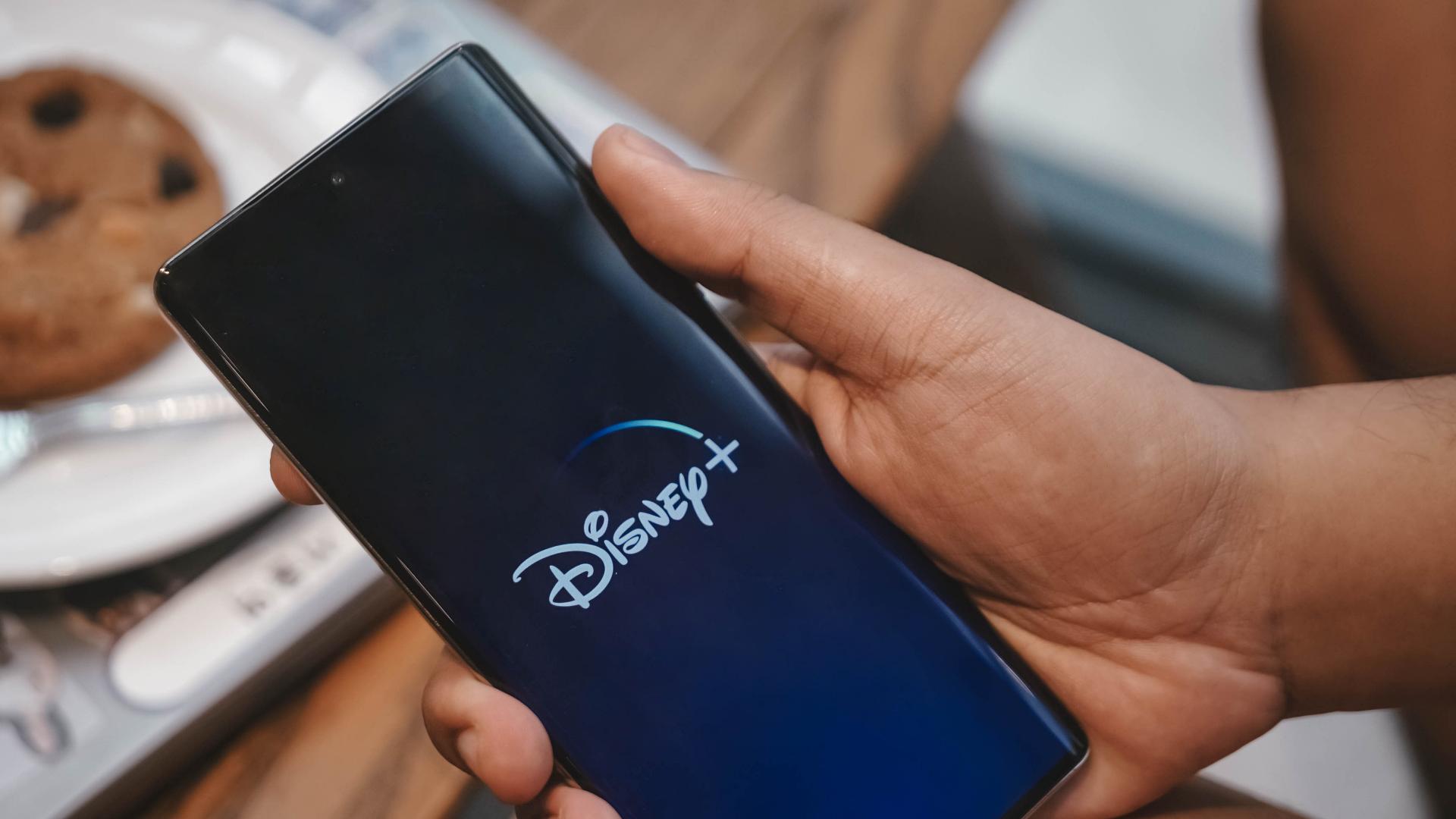Apps
Private browsing doesn’t hide your browsing activity – research
Always browse with caution

Many people think that private browsing modes guarantee extra safety and privacy from potential snoopers and other malicious actors. However, this is far from the truth. If you’re not careful, third parties can still know your browsing activity even when you are using your browser’s private browsing mode.
Private browsing, with an asterisk
Researchers at VPNOverview checked some of the popular browsers and analyzed how much browsing data leaks when using private browsing modes. These popular browsers include the Google Chrome with its “Incognito Mode”; the Apple device-exclusive Safari with “Private Mode”; the up-and-coming Microsoft Edge with “InPrivate”; and of course, the reliable Mozilla Firefox with “Private Mode”.
For each of these browsers, the researchers analyzed what browsing data does their private browsing modes hide. They also analyzed what browsing data can still be looked up by others on each browser’s respective modes.
The biggest takeaway from the research is that all private browsing modes are good enough for hiding your browsing history and files that you downloaded. Some browsers go the extra mile to keep you protected as you browse the web. Firefox, Edge, and Safari all have tracking protection that blocks intrusive trackers as you browse the web.
Cookies are one area of concern when browsing privately. Most websites use these to provide sign-in functionality and more, but they can also track you as you browse other sites on the internet. Fortunately, browsers don’t keep these cookies as you exit your private browsing session.
However, private browsing isn’t foolproof. The same researchers found that all private browsing modes fall short of hiding browsing activity from third parties. Internet service providers or whoever runs the network that you’re connected to can still see what you are browsing online. The same goes for the websites that you visit and sign in to, which can even know your exact location if you’re not careful enough.
What’s saved: IP address, bookmarked websites, and more
The reason why these third parties can still see your browsing activity is due to IP addresses. Remember, each device connected to the internet all have their own unique IP addresses. Devices have these addresses so they can send and get content from web servers. Relying on private browsing will not stop your computer from giving away your IP address to third parties such as the website you visit.
Then, there are also other browsing activities that get saved even in private browsing. Websites bookmarked during a private browsing session are saved even after browsing. While your browser won’t keep track of the files you downloaded, the actual downloaded files will remain on your PC. Not to mention, many browsers today offer extra features that will save any relevant data even when you use those features in private browsing.
As always, reading a browser’s fine print doesn’t hurt. However, users usually don’t have the luxury to scrutinize the privacy policy of each browser. There are things that you can do, however, to keep your browsing activity safe from the hands of third parties.
Use a VPN and an ad blocker
The best solution for most users is to download and use a virtual private network (VPN). VPNs work by creating a proxy between your device and the servers that serve web content. Instead of your device directly connecting to different servers on the internet, your device connects to another server that does the job of connecting you to other servers. This has the effect of hiding your IP address from any third parties including your internet service provider.
VPNs are more popular than ever since they also let you access geo-restricted websites. For example, a VPN may let you browse films and shows on Netflix that aren’t available in your country yet.
There are many VPNs out there, so you can easily pick one to suit your needs. Examples of popular VPNs include NordVPN, SurfShark, TunnelBear, Private Internet Access, and ProtonVPN. However, you also need to be mindful of the VPN service that you may want to use. Not all VPNs are created equal, and there have been multiple examples of providers leaking sensitive data.
Using ad blockers can go a long way too in making sure that your browsing activity is safe from third parties. Ad blockers do more than just remove ads from most websites nowadays. They also block trackers that profiles and collects information such as device information and more as you browse different websites.
As mentioned above, Safari, Firefox, and Edge have built-in tracking protection so you can rely on these instead for blocking trackers. For those not satisfied with their browsers’ tracking protection, they can rely on established ad blockers such as uBlock Origin, AdGuard, AdBlock Plus, and the likes.
Private browsing doesn’t simply cut it
For many, private browsing is their go-to for doing sensitive work on the internet. As the researchers from VPNOverview have pointed out, however, your browsing activity can still be inferred even as you use your browser’s private browsing mode. To make sure this doesn’t happen, you can rely on VPNs and ad blockers for total peace of mind.
As always, be mindful of what and how you browse online. Remember, your browsing habits reveal a lot about you. Companies who buy and sell data for profit will always want to get a hold of your browsing data so it is better if you exercise caution online.


New users on X might soon face a tough time on the platform. The social media website will likely start charging new accounts a small fee for the right to post on the platform.
Now, the fee isn’t a new one. Almost six months ago, the company tested the paid system in New Zealand and the Philippines. New users in those countries had to pay a dollar per year for the ability to post and reply to content.
As spotted by X Daily News on the same platform, the company might be ready to take the experiment to a larger market. New text strings have shown that the policy is rolling out worldwide.
SPECULATION: X might be expanding its policy to charge new users before they reply/like/bookmark a post https://t.co/odqeyeiHBx pic.twitter.com/EU71qlwQ0D
— X Daily News (@xDaily) April 15, 2024
The policy is designed to combat a wave of bots appearing on the platform. By preventing new accounts from creating posts, X hopes to stave off the standard behavior of bots these days. You might have noticed them as OnlyFans creators in unrelated posts, peddling NSFW content on their bio.
Though the global rollout was only just spotted, owner Elon Musk has seemingly confirmed the change. Replying to X Daily News, Musk says that it is “the only way to curb the relentless onslaught of bots.” He says that the current breed of bots can easily bypass simple checks these days.
Apps
Disney+ might get always-on channels similar to cable TV
Featuring content from Marvel, Star Wars, and classic Disney

The burden of choice on streaming platforms is real. If you’re like us, you’ve spent hours just mindlessly scrolling through titles on Netflix or Disney+ without watching anything. Netflix, at least, has a Play Something button to fight off that irresistible urge. Now, Disney+ is reportedly trying something different: always-on channels.
If you already cut cable from your lives, you’re likely missing traditional channels or networks that have pre-determined programming. It was a flawed system that eventually ended up with mediocre content and a downpour of ads. However, cable did allow us to keep watching without deciding what comes next.
Now, according to The Information, Disney+ is working on adding those channels to its streaming service. Naturally, these channels will include content from the platform’s library such as Marvel, Star Wars, and its list of classic animated films.
Strangely, the reported feature might still have ads in between programs. Though the addition of ads does mean a better similarity with real television, users still have to be paying subscribers to access the channels. Even if you’re already paying for Disney+, you might still get hit with ads.
Disney has not confirmed the reports yet. The platform might launch a version of the feature outside of the scope included in this report. It’s also unknown when these always-on channels will launch.
SEE ALSO: Macross to be available on Disney+
A few years ago, Apple unleashed one of the most interesting features for the iPhone today: Emergency SOS. Designed for those who like their fair bit of the outdoors, Emergency SOS allows users to contact emergency services without network coverage. Other manufacturers, however, are struggling to adopt the same feature. Now, Google might soon join Apple in providing satellite connectivity for its users.
Despite the convenience, satellite connectivity hasn’t taken off as much as the industry expected it to. For one, a network of satellites isn’t the easiest thing to maintain. Apple is still currently offering its services for free, a gamble that may or may not pay off. Now, the iPhone maker won’t be alone.
According to Android Authority, Google might start offering the same service to Pixel 9 users. Starting with this year’s upcoming flagship, the company is reportedly teaming up with T-Mobile to create satellite connectivity for its users. The telecommunications network is teaming up with SpaceX for the feature.
The same report describes how the feature might work. Once activated, the feature will ask users of their situation: is everyone breathing, are people trapped, are weapons involved, among others. The phone will then relay this information to emergency authorities for a rapid response.
Unfortunately, pricing remains a mystery. While Apple is still offering its satellite connectivity for free, other brands might put the burden of cost on the end user. Hopefully, they won’t, but a paid version is unfortunately expected at this point.
SEE ALSO: Should you be excited for Apple’s satellite connectivity?
-

 Events2 weeks ago
Events2 weeks agoStellar Blade: PlayStation taps cosplayers to play Eve for game’s launch
-

 Features2 weeks ago
Features2 weeks agoFortify your home office or business setup with these devices
-

 Accessories2 weeks ago
Accessories2 weeks agoLogitech unveils G Pro X 60 gaming keyboard: Price, details
-

 Reviews1 week ago
Reviews1 week agorealme 12+ 5G review: One month later
-

 Gaming1 week ago
Gaming1 week agoNew PUMA collection lets you wear PlayStation’s iconic symbols
-

 Deals2 weeks ago
Deals2 weeks agoTCL P635 TV: Big savings for TCL’s anniversary
-

 Accessories1 week ago
Accessories1 week agoMarshall Major V: Reasons Why I Love It
-

 Gaming1 week ago
Gaming1 week agoMore PlayStation 5 Pro specs have been leaked






























